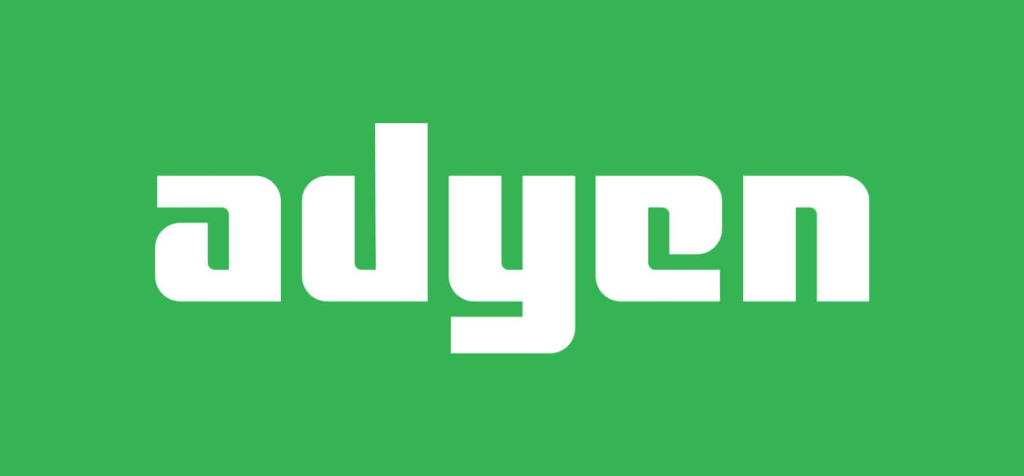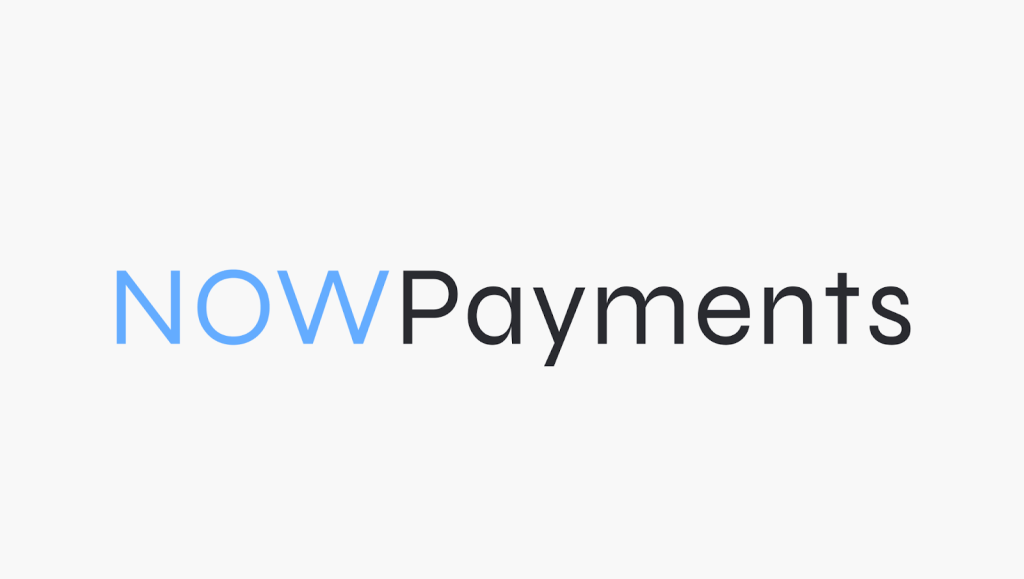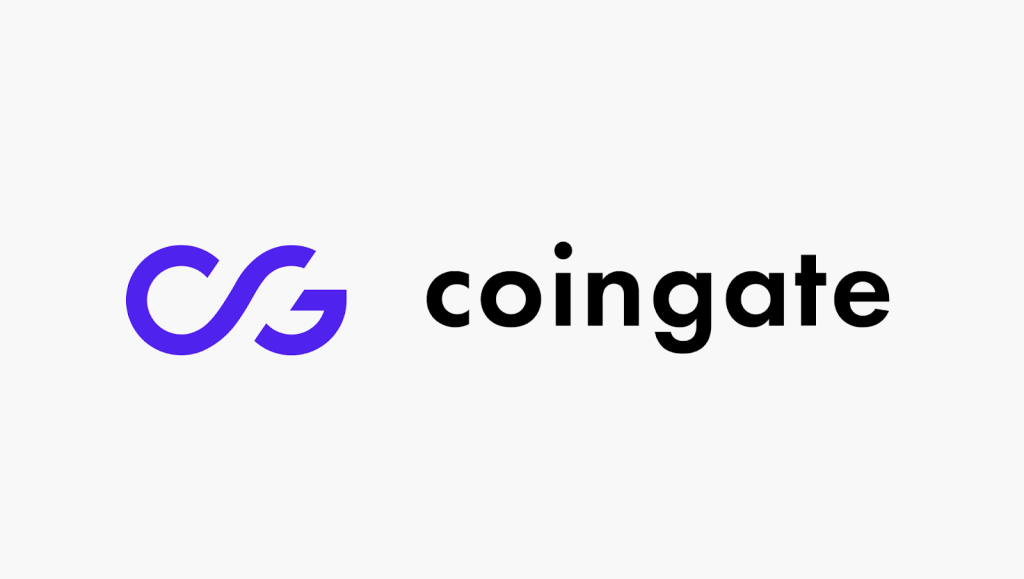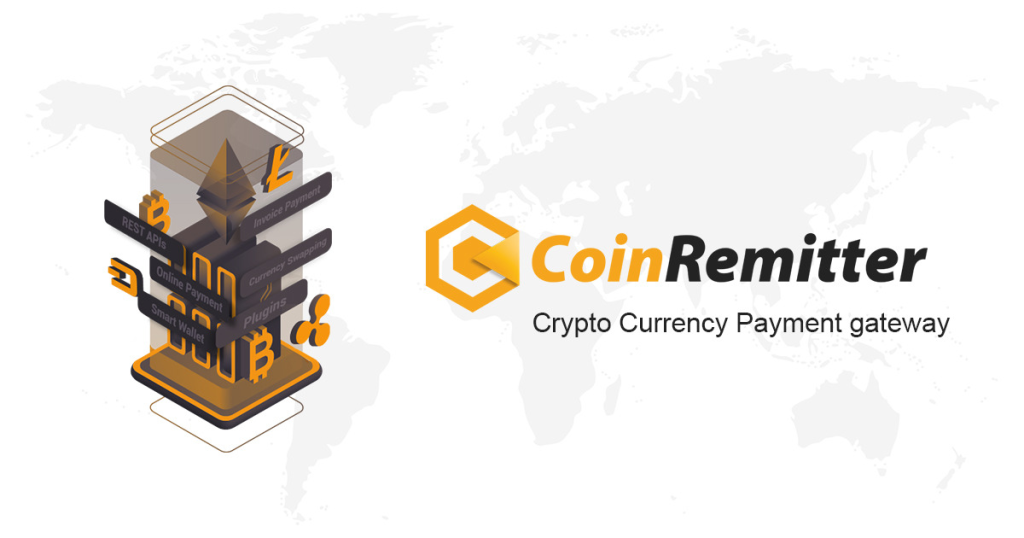Best payment gateways of 2026


Every online store or service faces a common hurdle: how to accept payments from customers quickly, conveniently, and securely. This is where payment gateways come into play, acting as intermediaries that facilitate transactions between buyers’ and sellers’ banks. They handle not just credit card transactions, but also digital wallets, local payment options, and even cryptocurrencies in recent years.
This infrastructure is incredibly important. The Baymard Institute reports that the average cart abandonment rate during checkout in e-commerce exceeds 69%, with one key reason being the inconvenience or lack of payment options.
The market is expanding rapidly. In 2024, the global payment gateway market was valued at approximately $37 billion. By 2025, it’s projected to rise to around $47 billion, with expectations to surpass $57 billion by 2026. That’s why we’ve prepared a comprehensive review of the best payment gateways for 2026.
Payment gateway evaluation criteria
Selecting a payment gateway isn’t just about a flashy name. It’s about convenience and security for customers clicking “Pay.” To ensure you don’t lose customers at the finish line, consider a few key factors.
Fees and tariffs
Even a mere 0.5% difference can translate to tens of thousands of dollars annually for businesses with high transaction volumes. For instance, Stripe charges an average of 2.9% plus $0.30 per transaction but offers tailored terms for larger companies.
Currency and country support
If you operate in just one country, your local solution might do the trick. But for cross-border commerce, you need a gateway with global reach. Adyen supports over 200 payment methods across various countries, while PayPal is available in more than 200 markets, accommodating 25 different currencies.
Ease of integration
For a startup, seamless turnkey integration with a CMS like Shopify, WooCommerce, or Magento is extremely important. For example, CoinGate and NOWPayments offer ready-made plugins for WordPress and OpenCart, making it easy to enable crypto payments.
Security and compliance
Security standards like PCI DSS, 3D Secure 2.0, and tokenization are essential for payment gateways. They safeguard customer data and reduce fraud risks. Estimates indicate that online fraud losses are expected to exceed $48 billion in 2025, making anti-fraud tools not just advisable, but a necessity.
Payout speed
Small businesses shouldn’t have to wait a week for funds to arrive. Square, for instance, transfers funds to accounts within one to two business days. Some crypto gateways, like NOWPayments, enable USDT or BTC withdrawals almost instantly.
Functionality
Recurring payments and flexible subscriptions allow for automated billing, enhancing convenience for SaaS companies and service providers with pricing plans. One-click checkout simplifies the customer journey: card details are tokenized during the initial payment, enabling subsequent purchases to be processed with a single click, ultimately boosting conversion rates.
Additionally, built-in refund and partial refund tools streamline support, while analytics and reporting offer businesses transparency on transactions, declines, and fraud attempts.
Support and reliability
Even the best gateway is of no value if its servers are down. That’s why it’s essential to review their Service Level Agreement (SLA) and check support reviews.
With that in mind, let’s dive into a detailed review of the eight best payment gateways available today. Each option has unique features tailored to various business needs, enabling you to find the perfect fit for your strategies and goals. By choosing one of these gateways, you can enhance your payment processes and elevate your customer experience.
Best payment gateways of 2026
1. Stripe

Site: https://stripe.com/
Stripe is one of the most well-known and versatile payment gateways globally. It caters to both startups and large enterprises, offering a rich set of tools, including APIs, subscriptions, analytics, platform tools (Connect), anti-fraud solutions (Radar), card issuing capabilities (Issuing), and more. In 2024, Stripe processed approximately $1.4 trillion in transactions, representing year-over-year growth of around 38–40%.
Stripe supports approximately 62 payment methods, including credit and debit cards, wallets, bank transfers, and more. In 2025, Stripe acquired the Bridge platform, which specializes in stablecoin infrastructure, allowing Stripe to more easily and securely integrate stablecoin acceptance via API, handle regulatory and conversion tasks, and strengthen its crypto offering.
The payment gateway is ideal for businesses planning to grow and scale, as well as those seeking flexibility and control. It is particularly useful for companies building complex payment logic (subscriptions, platforms, split payments).
Strengths
- Highly flexible API; easily scales to suit complex scenarios (marketplaces, SaaS, platforms).
- Support for multiple payment methods, including local options, which is essential for international businesses.
- Advanced built-in tools: analytics, reports, and risk management tools.
- Active development of related areas (e.g., crypto/stablecoins via Bridge).
Limitations and risks
- Standard rates (e.g., ~2.9% plus a flat fee) can be a significant burden for small businesses with low margins.
- Complex integration for less technically savvy teams without DevOps or developers.
- Some countries may have restrictions on local methods or currencies.
2. PayPal / Braintree

Site: https://www.paypal.com/us/braintree
PayPal remains one of the most recognizable brands in online payments. Braintree, a subsidiary of PayPal, focuses on integrations, mobile SDKs, and flexible payment options. In the e-commerce segment, PayPal is used by approximately 12% of online shoppers, according to one study.
It is ideal for businesses aiming to build user trust from day one, especially in countries where PayPal is popular. It is also well-suited for companies that want to enable payments quickly without extensive technical integrations.
Strengths
- Broad consumer trust – many users already have a PayPal account and view it as a secure payment method.
- Global coverage: PayPal supports numerous countries, currencies, and local payment methods.
- Convenient built-in tools and plugins: mobile SDKs, payment forms, and ready-made CMS solutions.
- Strong options for managing subscriptions and recurring payments through Braintree.
Limitations and risks
- Fees are often higher, especially for international transactions.
- Sudden freezes of funds: the service may suspend access to an account or hold funds in a reserve balance if it deems the transactions risky.
- In some regions, users may experience difficulties withdrawing funds or converting currencies.
3. Square

Site: https://squareup.com/us/en
Square initially offered small businesses convenient card payment terminals for brick-and-mortar stores. Over time, the company added online payments and other services, evolving into a comprehensive ecosystem: now entrepreneurs can accept payments both in-store and online, manage orders, and track analytics in one place.
It is especially convenient for small and mid-sized businesses, particularly those operating both offline and online. It is also suitable for businesses with limited technical resources that need an all-in-one tool.
Strengths
- Offline/online integration: if you have a physical store, Square conveniently connects your point of sale.
- A simple interface and transparent pricing mean fewer hidden costs for small businesses.
- Additional tools: analytics, inventory management, integrations with services, and booking systems.
Limitations
- Not always the best option internationally — it is more focused on the U.S. and a few developed markets.
- May not support certain local payment methods in some countries.
- Less competitive pricing at higher volumes, with limitations on tariffs and fees.
4. Adyen

Site: https://www.adyen.com/
Adyen is a payment gateway designed for large companies operating in multiple markets. Its main advantage is support for hundreds of local payment methods, ranging from cards and Apple Pay to regional options such as iDEAL in the Netherlands and Alipay in China. For businesses, this means customers in any country can pay using their preferred method.
Furthermore, Adyen allows you to customize payment routes: if one method fails, the system automatically attempts another, increasing the chance of a successful transaction and reducing the number of declines.
The service is ideal for large e-commerce projects, marketplaces, and companies with international clients that want to optimize global payments.
Strengths
- Extensive support for local payment methods: ideal for companies operating in multiple countries with diverse payment habits.
- Highly customizable payment routes (e.g., fallback algorithms, country-specific routing).
- Stability, reliability, and strong reputation among large clients (retailers, marketplaces).
Limitations
- Entry can be expensive: minimum agreements and pricing are geared toward large volumes.
- Greater implementation complexity for small and medium-sized businesses without an engineering team.
- Potentially excessive functionality for simple online stores.
5. Checkout.com

Site: https://www.checkout.com/
Checkout.com is a next-generation payment provider often chosen by fast-growing digital companies. It offers convenient APIs for developers and supports over 150 currencies, making it a strong alternative to Stripe and Adyen. Businesses benefit from flexible payment setup, built-in analytics and anti-fraud systems, and the ability to integrate local payment methods across different countries.
This solution is ideal for companies that need to scale while maintaining control over all payment processes.
Strengths
- Good balance between flexibility and ease of use.
- Emphasis on analytics, risk management, and advanced developer tools.
- Support for multiple payment methods, including local options, which is essential for global projects.
Limitations
- For very small businesses, it may be too costly or overly feature-rich.
- Possibly fewer ready-made CMS plugins compared to market leaders.
6. NOWPayments (crypto gateway)

Site: https://nowpayments.io/
NOWPayments is a cryptocurrency payment gateway that accepts payments in over 300 cryptocurrencies, including Bitcoin, Ethereum, and stablecoins such as USDT. This is convenient for businesses because the service can automatically convert cryptocurrency into fiat currency, reducing volatility risk.
Setup is also straightforward: there are plugins for popular CMS platforms (WordPress, OpenCart, Magento), ready-made widgets for payment buttons, and a convenient API for custom projects. NOWPayments is suitable for both online stores looking to expand their payment options and international services targeting a tech-savvy audience.
It is ideal for projects looking to offer an innovative payment option, engage with a crypto audience, or facilitate international payments without intermediaries.
Strengths
- Automatic conversion to fiat helps reduce volatility risks.
- Non-custodial approach: funds are often immediately deposited into the merchant’s wallet.
- Extensive toolkit: plugins, API, IPN/invoice support, PoS, and payment buttons.
- Works well as an addition to standard gateways, allowing users to choose between cryptocurrency and traditional payment methods.
Limitations and risks
- Cryptocurrency volatility — even with conversion — remains a risk, especially with long settlement delays.
- In some jurisdictions, crypto payments may be restricted or more strictly regulated.
- Potentially lower brand recognition among mainstream (non-crypto) customers.
7. CoinGate (crypto gateway)

Site: https://coingate.com/
CoinGate is a crypto gateway that accepts payments in over 50 cryptocurrencies and can instantly convert them into euros or dollars. This is especially convenient for companies that want to offer customers crypto payments while still receiving fiat currency without added risk.
CoinGate supports plugins for popular platforms (WordPress, Magento, PrestaShop) and provides an API for integration into custom projects. This makes the service a good choice for online stores and services that want to add cryptocurrency as an additional payment method without needing to manage their own blockchain infrastructure.
The service is suitable for businesses that want to add crypto payments with minimal hassle and risk: the merchant receives fiat currency, and the customer pays in cryptocurrency.
Strengths
- Instant conversion of cryptocurrency to fiat currency reduces currency risks.
- Convenient for users: they can pay in crypto, and the merchant receives fiat.
- Support for multiple cryptocurrencies, plugins, and API integrations.
- Reputation and stability: one of the more established players in the crypto gateway niche.
Limitations and risks
- The fee (~1%) may be higher than some alternatives.
- Some countries have restrictions on cryptocurrency withdrawals or exchanges.
- Possibly less flexibility in fine-tuning payment flows than enterprise gateways.
8. Coinremitter (crypto gateway)

Site: https://coinremitter.com/
Coinremitter is another crypto gateway that stands out for its very low fees — just around 0.23%. It supports dozens of coins and operates in over 130 countries. For easy integration, Coinremitter offers plugins for WordPress, Magento, and other CMS platforms, as well as a user-friendly API. The service is suitable for small and medium-sized businesses that want to accept cryptocurrency payments without significant overhead while reducing costs with minimal fees.
This service is ideal for projects where minimizing fees is crucial and for those that want to offer cryptocurrency payments as an additional option without incurring extra costs.
Strengths
- Very low fees compared to competitors.
- Easy integration via plugins or API — suitable for small and medium-sized businesses.
- “Gas Station” feature helps reduce network fees for some cryptocurrencies.
- Security: focus on protecting funds and managing withdrawals.
Limitations and risks
- Limited feature set compared to larger gateways (e.g., less analytics, fewer risk management tools).
- Restrictions on local payment methods and currencies may apply.
Payment gateway comparison chart 2026
| Gateway | Fees | Currency/Country Support | Features | Pros | Cons | Ideal for |
| Stripe | ~2,9 % + $0,30 (standard) | 135+ currencies, global coverage | Powerful API, subscriptions, Radar anti-fraud | Flexibility, scalability, analytics | May be challenging for startups, above-average fees | Startups, SaaS, marketplaces |
| PayPal / Braintree | ~2.9% + fixed fee, higher for cross-border | 200+ countries, 25 currencies | Wide recognition, mobile SDKs | Customer trust, fast integration | High fees, frequent account freezes | Businesses focused on customer trust |
| Square | 2,6–2,9 % | Mainly the US, Canada, Japan, Australia, Europe | POS + online payments | Great for small businesses, offline + online | Limited coverage, not always cost-effective for high volumes | Stores and services with offline and online sales |
| Adyen | Individual plans | 200+ payment methods, global | Enterprise focus, local methods | Suitable for corporations, highly secure | Complex entry point, expensive for small businesses | Large international companies |
| Checkout.com | Individual plans | 150+ currencies | API-first, analytics, anti-fraud | Flexible, modern, scalable | May be too complex for small businesses | Growing e-commerce companies |
| NOWPayments (crypto) | 0,5–1 % | 300+ cryptocurrencies | API, plugins, fiat conversion | Support for hundreds of coins, flexibility | Volatility, legal risks | Online businesses serving crypto audiences |
| CoinGate (crypto) | ~1 % | 50+ cryptocurrencies, convert to EUR/USD | Plugins, API, instant exchange | Reduced volatility risks | Higher fees than Coinremitter | Businesses seeking a mix of crypto and fiat |
| Coinremitter (crypto) | ~0,23 % | 130+ countries | CMS plugins, API | Very low fees | Fewer features than competitors | Small and medium businesses that value cost savings |
How to choose a payment gateway for your website
1. Define your audience and geography
If your business is local, operating solely in locations like France, Hungary, Mexico or Singapore, a gateway with regional card support may suffice. However, if you’re selling in multiple countries, you’ll need an international payment processor, consider options like Stripe, Adyen, or Checkout.com, or a crypto-friendly gateway like NOWPayments or CoinGate.
2. Compare fees and consider transaction volume
Initially, a 0.5% fee difference might seem minor, but with a turnover of $100,000, it amounts to $500. Simple plans like Square or Coinremitter are typically more cost-effective for small businesses. If your volume is larger, it’s worth negotiating custom rates with Stripe or Adyen.
3. Check available payment methods
Credit cards are essential for any business. Digital wallets such as Apple Pay, Google Pay, and PayPal enhance conversion rates on mobile devices. Additionally, offering cryptocurrency can help set you apart from competitors and attract a fresh audience.
4. Evaluate ease of integration
For stores on platforms like WordPress, Shopify, or Magento, opt for gateways that provide ready-made plugins. For SaaS or custom projects, a flexible API (think Stripe, Checkout.com, or NOWPayments) is preferable.
5. Consider security and reputation
Ensure the gateway is PCI DSS compliant and supports 3D Secure 2.0. Research indicates that online payment fraud could lead to losses exceeding $48 billion in 2025, making built-in anti-fraud tools essential.
6. Consider support and payout speed
Small businesses need fast payment processing. For example, Square transfers funds within one to two days, while NOWPayments handles payouts almost instantly. Also, evaluate the support options. Is there 24/7 live chat, or is assistance provided only via tickets?
Which gateway fits your business?
Startup or small business (SMB)
- Square (best for brick-and-mortar stores)
- Shopify Payments (for Shopify stores)
- Coinremitter (ideal for adding crypto with minimal fees)
Medium-sized e-Commerce
- Stripe (great for subscriptions and flexibility)
- Checkout.com (focus on growth and analytics)
- PayPal/Braintree (builds user trust)
Corporation
- Adyen (200+ payment methods with enterprise functionality)
Innovative project / crypto audience
- NOWPayments or CoinGate (crypto payments with fiat conversion)
In 2026, the payment gateway market will extend far beyond just accepting cards online. It now includes comprehensive ecosystems that manage risks, simplify integrations, enable local payment methods, and even support cryptocurrencies.
There is no universally “best” gateway, only the best one for your specific business based on its audience, market, revenue, and strategy. The sooner you begin viewing the payment process as a competitive advantage rather than just a technical necessity, the more customers you’ll retain.